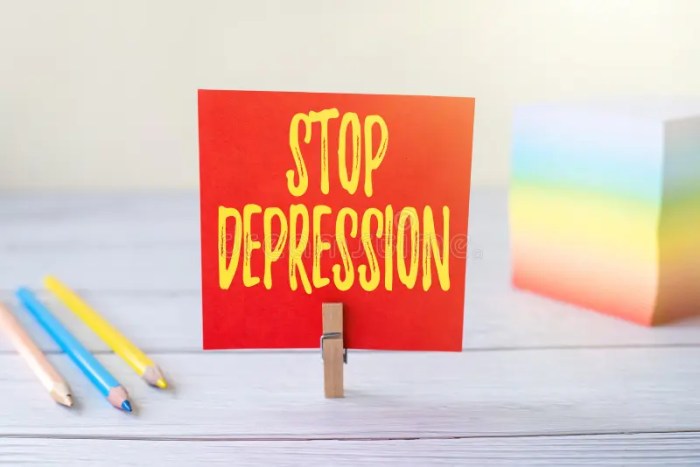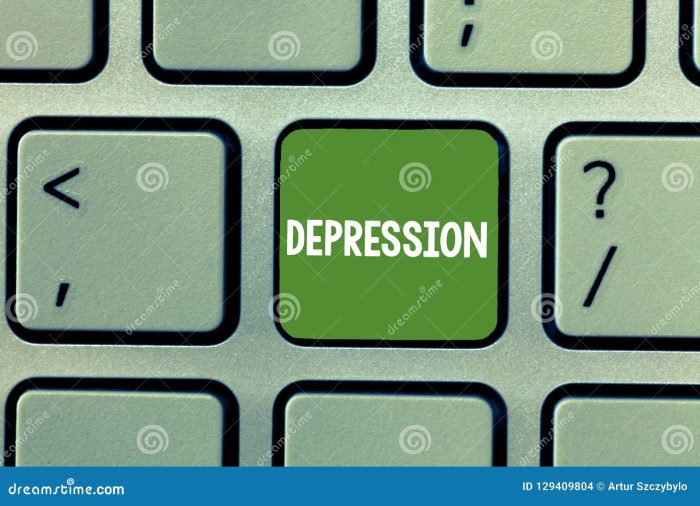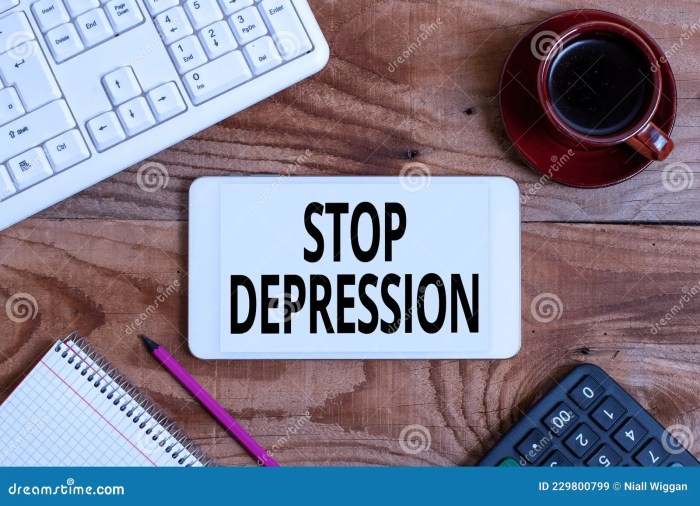Feelings of severe despondency and dejection are common experiences that can significantly impact our daily lives. This article explores the causes, psychological and physical symptoms, and potential triggers of these emotions. It also provides effective coping mechanisms, emphasizes the importance of seeking professional help, and suggests self-care techniques to alleviate these feelings.
Furthermore, this article discusses the impact of severe despondency and dejection on daily functioning, relationships, work, and overall well-being. It also highlights the potential long-term effects, including the risks of developing mental health disorders or chronic physical conditions.
Feelings of Severe Despondency and Dejection

Severe despondency and dejection, often referred to as depression, are profound emotional states characterized by intense sadness, hopelessness, and loss of interest in life’s activities. These feelings can have a significant impact on an individual’s mental and physical well-being.
Emotional Distress
Despondency and dejection can arise from a complex interplay of factors, including:
- Genetic predisposition
- Neurochemical imbalances
- Traumatic experiences
- Major life events (e.g., loss of a loved one, financial crisis)
- Chronic stress
Psychologically, these emotions manifest as:
- Persistent sadness and anhedonia (loss of pleasure)
- Feelings of worthlessness and guilt
- Negative self-talk and self-criticism
- Difficulty concentrating and making decisions
- Increased irritability and anger
Physically, despondency and dejection can lead to:
- Fatigue and loss of energy
- Sleep disturbances (insomnia or hypersomnia)
- Changes in appetite (overeating or loss of appetite)
- Aches and pains
- Gastrointestinal problems
Coping Mechanisms
Managing feelings of despondency and dejection requires a multifaceted approach that may include:
- Cognitive Behavioral Therapy (CBT):CBT focuses on identifying and challenging negative thought patterns and behaviors.
- Medication:Antidepressants and anti-anxiety medications can help regulate neurochemical imbalances and alleviate symptoms.
- Self-Care Techniques:Regular exercise, a balanced diet, and adequate sleep can improve overall well-being and reduce stress.
- Seeking Professional Help:It is crucial to seek professional help when symptoms are severe or persistent.
Impact on Daily Life, Feelings of severe despondency and dejection
Severe despondency and dejection can significantly disrupt daily functioning, leading to:
- Impaired work performance
- Withdrawal from social activities
- Relationship problems
- Difficulty carrying out daily tasks
- Increased risk of self-harm and suicidal thoughts
Long-Term Effects
Untreated despondency and dejection can have long-term consequences, including:
- Increased risk of developing mental health disorders, such as anxiety and bipolar disorder
- Chronic physical conditions, such as heart disease and diabetes
- Diminished quality of life and life expectancy
FAQ Insights: Feelings Of Severe Despondency And Dejection
What are the common causes of severe despondency and dejection?
Feelings of severe despondency and dejection can be caused by various factors, including genetic predisposition, traumatic life events, chronic stress, and certain medical conditions.
What are some effective coping mechanisms for managing these emotions?
Effective coping mechanisms include practicing mindfulness, engaging in regular exercise, maintaining a healthy diet, getting enough sleep, and connecting with loved ones.
When should I seek professional help for severe despondency and dejection?
It is important to seek professional help if these feelings are persistent, interfere with daily functioning, or cause significant distress.


